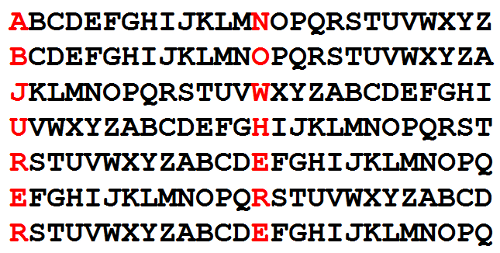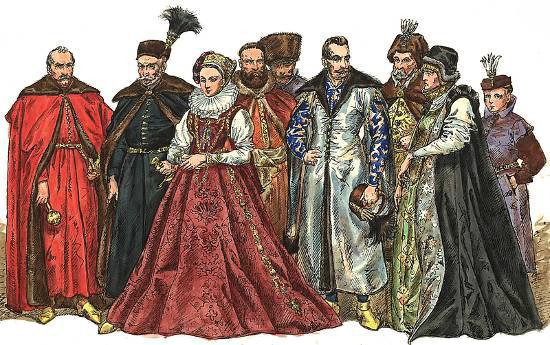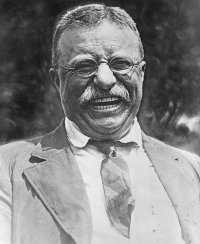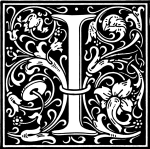caliginosity
n. darkness
noctivagous
adj. wandering at night
caliginosity
n. darkness
noctivagous
adj. wandering at night
Advance each letter in the word ABJURER 13 places through the alphabet and you get NOWHERE:

anonymuncle
n. a petty, anonymous writer
criticaster
n. a minor or incompetent critic
In Montana Salish, a Native American language of the Pacific Northwest, the word for automobile is p’ip’uyshn — literally, “it has wrinkled feet.”
The Nez Perce word for telephone, cewcew’in’es, means “a thing for whispering.”

The sign for brother in Taiwanese Sign Language is an extended middle finger.
In 1967 University of Chicago linguist Jim McCawley proposed that fuck, when used as an epithet, as in Fuck you, is not a verb, because it accepts none of the adjuncts of a normal sentence:
Also, Fuck you “has neither declarative nor interrogative nor imperative meaning; one can neither deny nor answer nor comply with such an utterance.”
What is it, then? McCawley proposed “quasi-verb,” a new category that can be followed by a noun phrase.
The full paper is here; the journal Language credits it with being the first satirical linguistics paper.

All persons of higher °
Are proud of a long pe°
And even the masses
Of inferior classes
Unless they are misle°.
— Cyril Bibby
When entomologist Paul Marsh was given the chance to name two wasp species in the genus Heerz, he called them Heerz tooya and Heerz lukenatcha.
The International Commission on Zoological Nomenclature insists that “A zoologist should not propose a name that, when spoken, suggests a bizarre, comical, or otherwise objectionable meaning.” But a few get through. Examples:
Three mythicomyiid flies are named Pieza kake, Pieza pi, and Pieza deresistans.
In 1912 the Zoological Society of London criticized entomologist George Kirkaldy for giving a series of hemipterans the generic names Polychisme, Elachisme, Marichisme, Dolichisme, Florichisme, and Ochisme (“Polly kiss me,” “Ella kiss me,” “Mary kiss me,” “Dolly kiss me,” “Flora kiss me,” “Oh, kiss me!”). In the same spirit, in 2002 a hopeful Neal Evenhuis named a fossil mythicomyiid Carmenelectra shechisme. “The offer’s still good,” he told the Chicago Tribune in 2008. “I’ll be willing to meet her.”
mendaciloquent
adj. able to tell skilled or artful lies

In 1906, Teddy Roosevelt directed the government printing office to adopt revised spellings for 300 English words. Wished would become wisht, calibre caliber, and though tho. “It is not an attempt to do anything far-reaching or sudden or violent; or indeed anything very great at all,” he wrote. “It is merely an attempt to cast what slight weight can properly be cast on the side of the popular forces which are endeavoring to make our spelling a little less foolish and fantastic.”
That’s about as far as he got. The House of Representatives called on the printing office to “observe and adhere to the standard of orthography prescribed in generally accepted dictionaries of the English language.” The New York Evening Post declared “This is 2 mutch,” and the Louisville Courier-Journal opined, “Nuthing escapes Mr. Rucevelt. No subject is tu hi fr him to takl, nor tu lo for him tu notis. … He now assales the English langgwidg, constitutes himself a sort of French Academy, and will reform the spelling in a way tu soot himself.”
Roosevelt rescinded the order but continued to use the new spelling himself. “I could not by fighting have kept the new spelling in, and it was evidently worse than useless to go into an undignified contest when I was beaten,” he told Brander Matthews. But “I am mighty glad I did the thing.”

English is the only major language to capitalize its first-person singular pronoun.
“How monumentally imposing is that upper case ‘I’!” wrote Henry Van Dyke in 1920. “If a writer is egoistic the capitals stretch across his page like a colonnade. When he writes ‘we,’ he descends to the lower case.
“But this orthographic solipsism, mark you, is shared by Americans, Canadians, Australians, New Zealanders,–all who use the English tongue. It is therefore not to be set down to insularity, but to individualism,–a stark, ineradicable, valuable quality of these various folks whose thoughts and feelings have been nourished by the same language.”